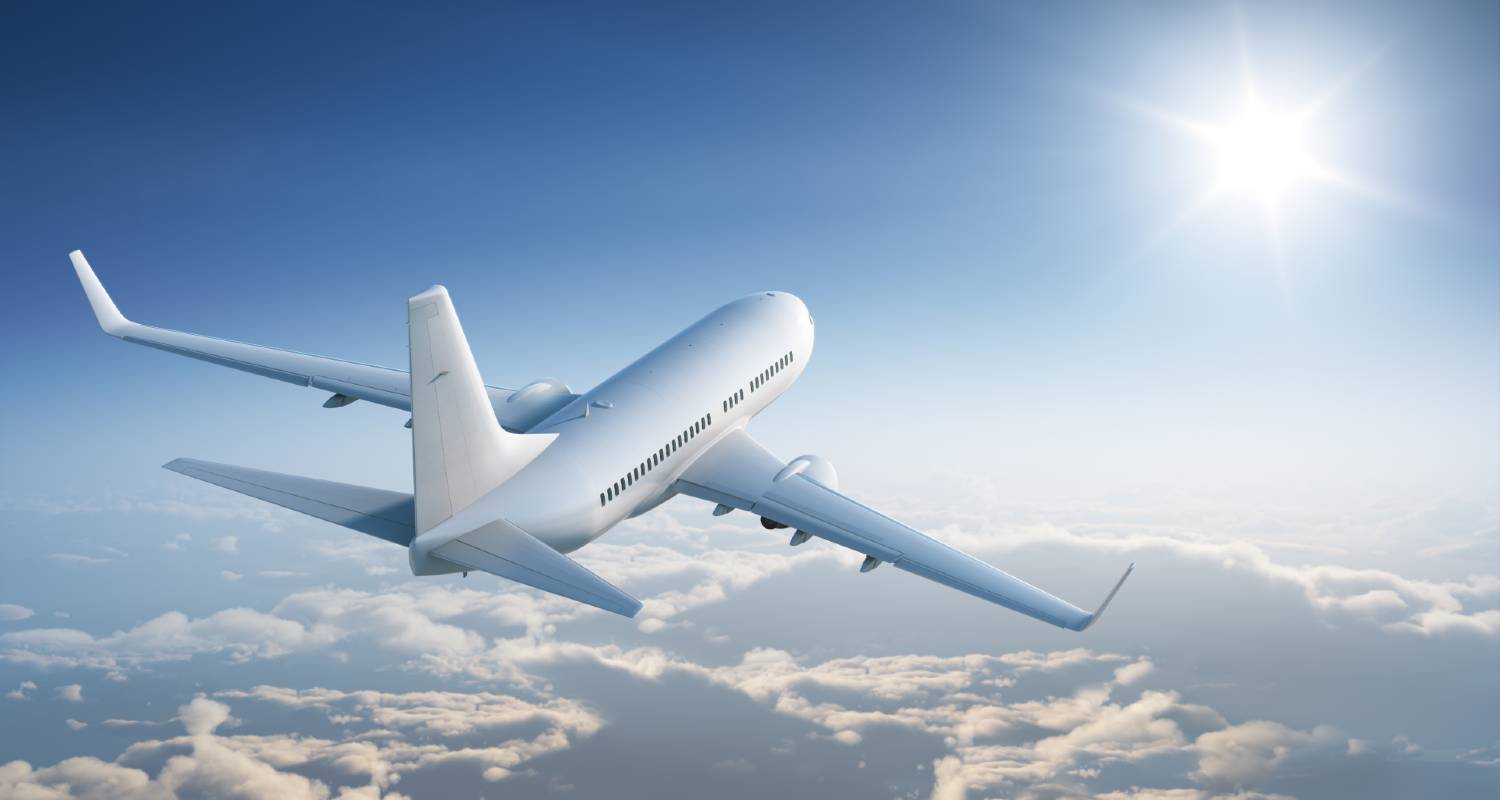Decarbonizing the aviation industry
Decarbonizing the aviation industry
Traveling on a net zero commercial flight? It's now possible.
The aviation industry moves decisively towards decarbonization through the use of biofuels
The aviation industry moves decisively towards decarbonization through the use of biofuels
The International Air Transport Association (IATA) is committed to ensuring that aviation does not increase carbon emissions from 2020 on and achieves climate neutrality by 2050. Therefore, it's developing various initiatives, among which the use of different sustainable fuels, including biofuels and biofuels produced from waste, stands out for its considerable contribution to CO2 reduction.
Net zero emissions target by 2050
At Repsol, we aim to lead the energy transition, in line with the Paris Agreement, and thus limit the increase in global temperature to well below 2ºC. The drive for sustainable fuels is in addition to the projects that we have already deployed in energy efficiency, low-emission electricity generation, renewable hydrogen, circular economy, synthetic fuels, and carbon capture, use, and storage, and it's one of our main strategic drivers to achieve our goal of becoming a net zero emissions company by 2050.
We've had a circular economy strategy since 2018 that materializes in:
230+
initiativesfocused on the circular economy
3
million tonnes of wasteused as raw material in products as the annual utilization target
- In October 2020, we announced the construction of the first biofuels plant in Spain at our refinery in Cartagena that will enter into operation in 2023. The plant will have an annual production capacity of 250,000 tonnes of biofuel made from waste for aircraft, trucks, and cars.
- In the port of Bilbao, in the vicinity of our Petronor refinery, we plan to build one of the largest synthetic biofuels plant in the world, using renewable hydrogen and CO2 as the sole raw materials. This facility will be operational in 2024 and will have an annual production capacity of more than 2,100 tonnes.
- Additionally, technological breakthroughs and the roll out of current and future projects have enabled us to increase our carbon intensity reduction targets established in our 2021-2025 Strategic Plan. The decarbonization path to achieve neutrality by 2050 sets out a reduction of the indicator of 15% in 2025, 28% in 2030, and 55% in 2040, compared to the previous 12%, 25%, and 50%, respectively.
Strategic partnerships to achieve the decarbonization of the industry
In 2021, we are continuing to make progress in commercializing our sustainble biojet fuel for the aviation industry by partnering with groups as important as IAG, Iberia, and Vueling that have already completed flights using our net zero biojet in Spain.

Iberia's first flight with biofuel

Vueling's first flight with biofuel

